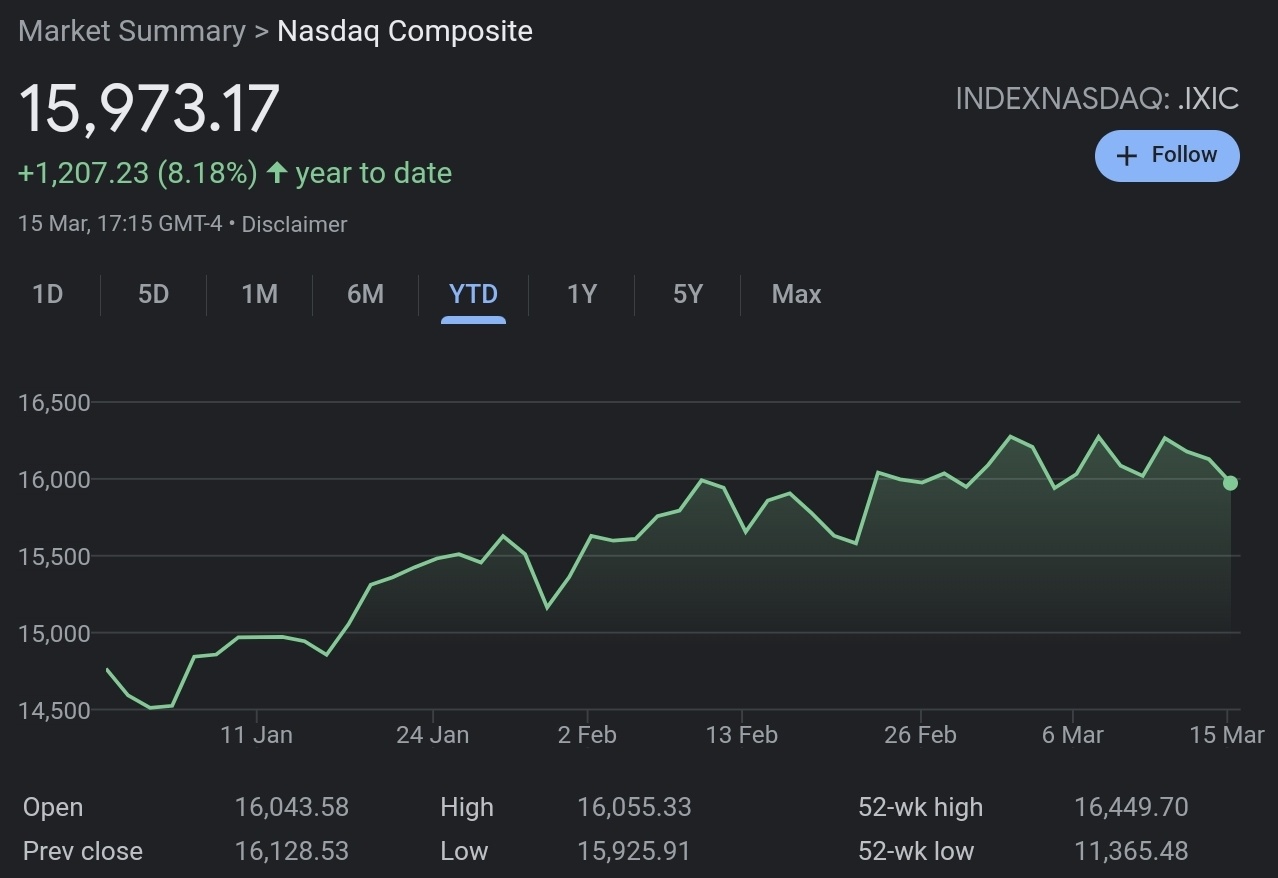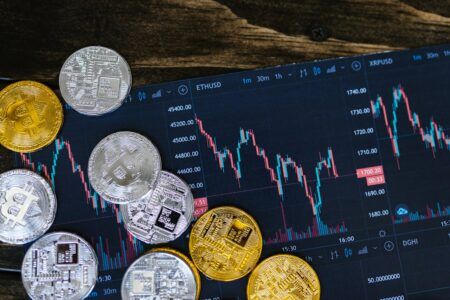In a compelling conversation with Bloomberg’s Francine Lacqua on March 14, Michael Hartnett, Chief Investment Strategist at Bank of America Corp., shared insights into the current state of the financial markets, directly from Rome at the Bank of America Global Investor Summit. His observations highlight a market infused with euphoria, potentially inflating a bubble, particularly noticeable in the realm of technology stocks and cryptocurrencies.
Hartnett’s analysis centers around the significant price surges in the cryptocurrency sector, an elite group of technology corporations known as the “Magnificent Seven”, and companies linked to artificial intelligence.
The “Magnificent Seven,” a term coined to describe a select group of tech behemoths, stands as a testament to the monumental influence of technology in today’s market.
This elite assembly includes Microsoft, a pioneer in software innovation; Amazon, the colossal online retailer and cloud computing giant; Meta, formerly known as Facebook, which has redefined social networking; Apple, known for its iconic consumer electronics and software; Alphabet, Google’s parent company and a leader in internet services; Nvidia, which has revolutionized graphics processing and AI technologies; and Tesla, the trailblazer in electric vehicles and clean energy solutions. T
ogether, these companies not only dominate their respective sectors but also significantly sway global market trends. Their combined market capitalization reflects vast investor confidence and underscores the critical role technology plays in both current and future economic landscapes.
Hartnett attributes this market behavior to anticipations of Federal Reserve rate cuts, prompting a preemptive rush into various asset classes including gold, corporate bonds, and notably, equities.

The strategist elaborates on the nature of bubbles, describing them as scenarios where disproportionate amounts of capital chase a limited array of assets, leading to skewed valuations and rapid price movements. By contrast, he points out that bull markets exhibit a more widespread participation across sectors, hinting that the current market’s focus is alarmingly narrow.
Although Hartnett stops short of predicting an immediate collapse, he raises concerns over ominous signs in the U.S. macroeconomic landscape, particularly within the labor market. He says that with cracks beginning to show, combined with persistent inflationary pressures expected to stabilize between 3% and 4%, the economic backdrop seems increasingly precarious.
It is worth pointing out that on the same day as this interview, the U.S. Department of Labor Statistics announced that the Producer Price Index (PPI) for final demand has seen a considerable rise of 0.6 percent in February. This increase follows a more moderate growth of 0.3 percent in January and a minor decline of 0.1 percent in December 2023.
Adjusted for seasonal variations, this surge signifies a significant acceleration in the index, resulting in a year-over-year growth of 1.6 percent by the end of February. This is the highest annual increase since the 1.8 percent rise observed at the end of September 2023.
February’s breakdown shows that the jump in the PPI was mainly due to a 1.2 percent rise in final demand goods prices, contributing to nearly two-thirds of the total increase. The services sector also reported a 0.3 percent growth.
Furthermore, when looking at the PPI excluding food, energy, and trade services, there was a rise of 0.4 percent in February, slightly slower than the 0.6 percent increase seen in January. Across the twelve months up to February, this narrower gauge of the PPI went up by 2.8 percent, indicating a continuous inflationary pressure in the fundamental sectors of the economy.
Despite these challenges, Hartnett observes a kind of defiant optimism in the market, driven by enthusiasm for technological advancements and AI, which he believes is indicative of a “bubble mentality.”
Featured Image via Pixabay









